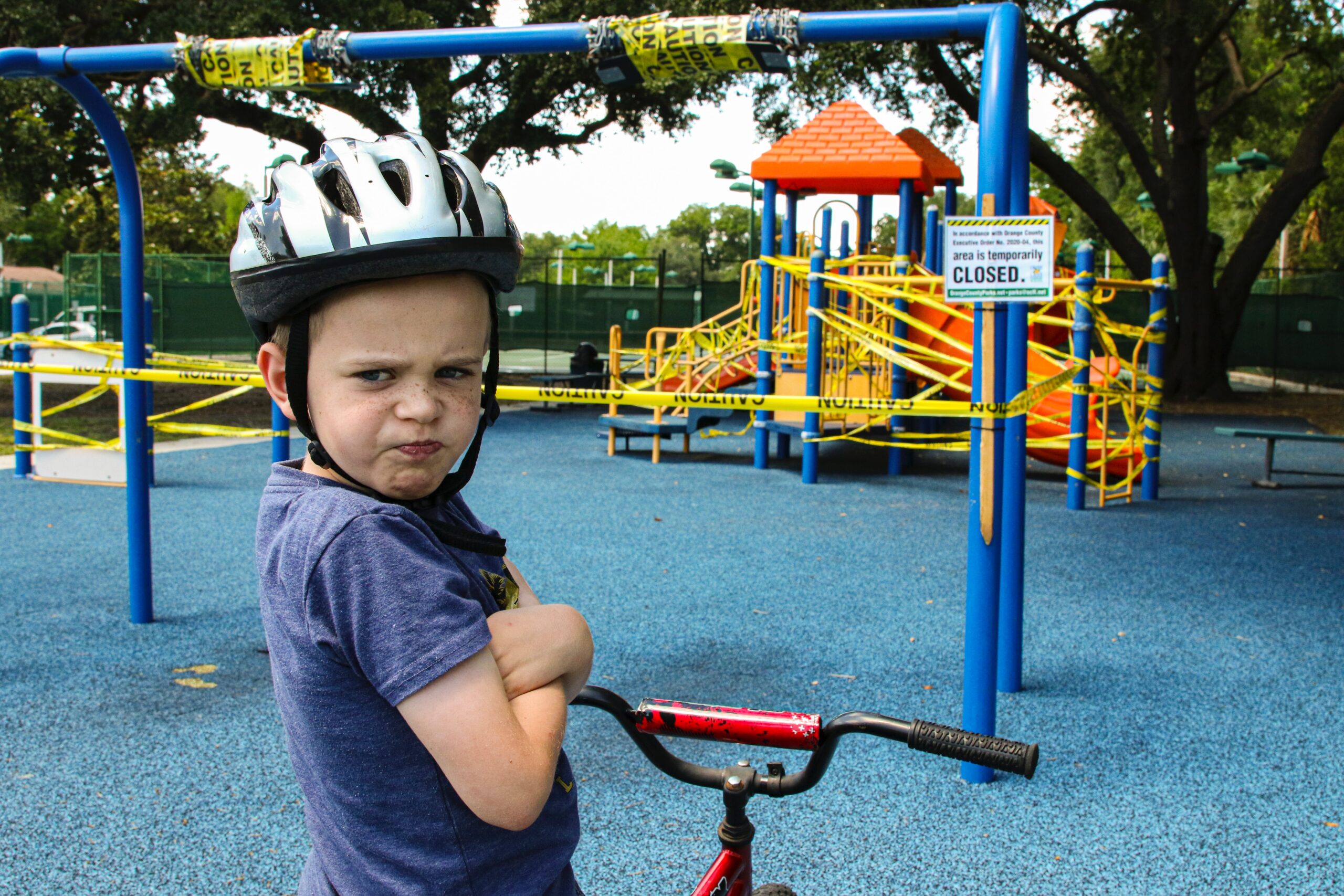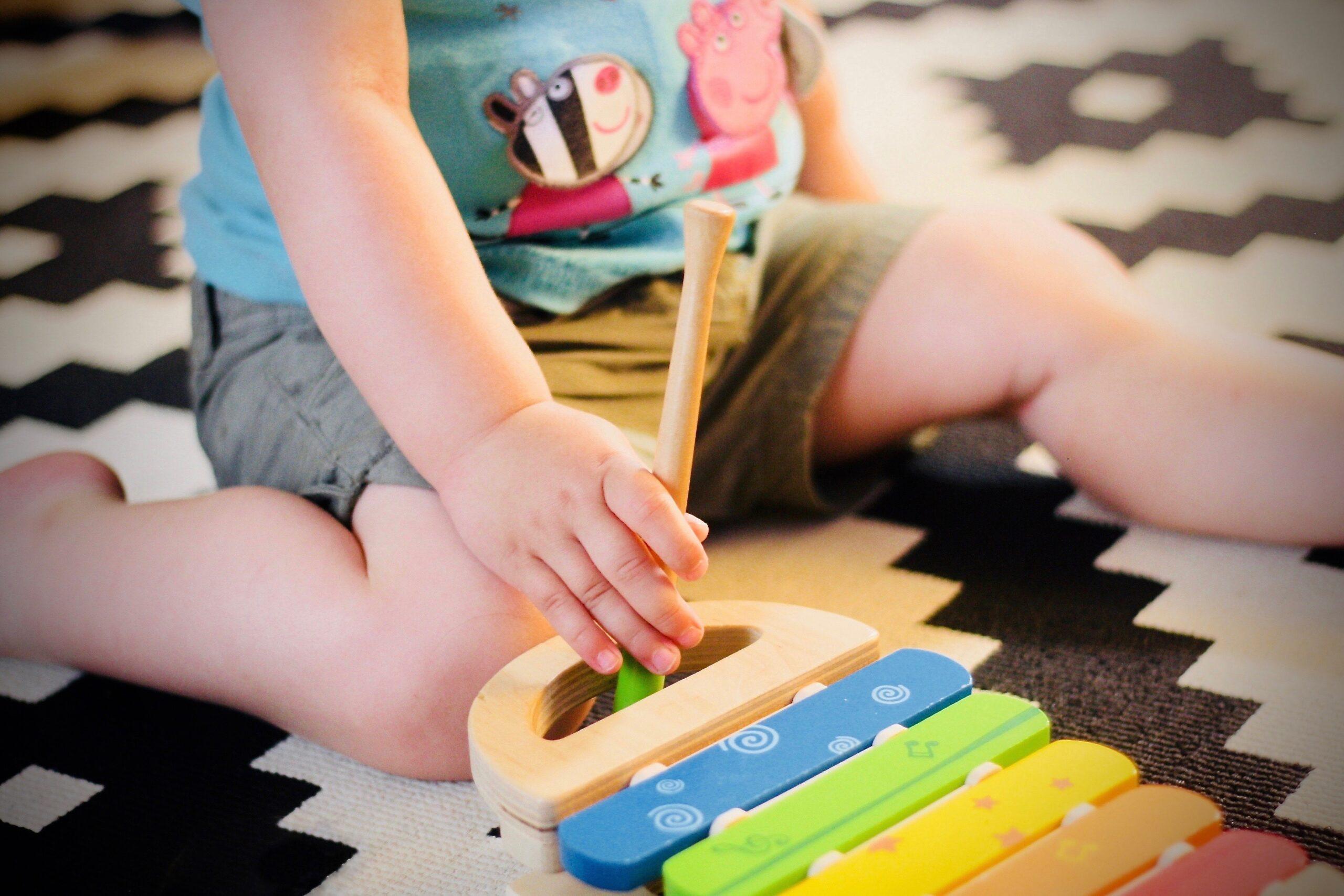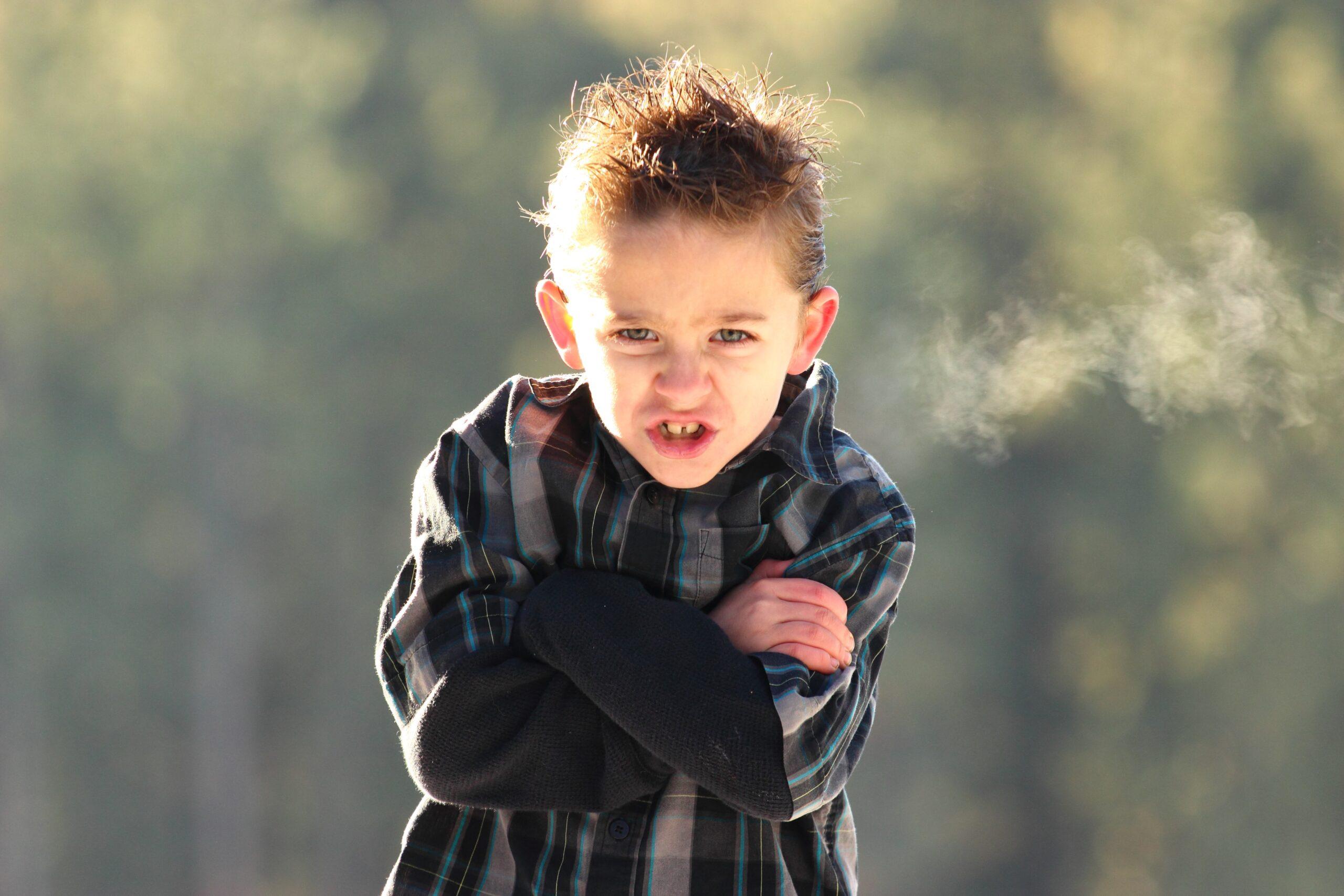Seeking professional help for your child is not a sign of weakness. It’s an act of love. But how do you decide if your youngster needs therapy? Are his struggles normal, or are you in denial of a more serious situation?
When children have difficulties expressing fears and insecurities in words, unexpected shifts occur in their behaviors. They may become disruptive or somber. They may retreat or isolate themselves. The most common times of struggle occur during a transition, such as entering a new school, moving homes, experiencing a health issue or dealing with the loss of a loved one. Read on to identify whether your child needs professional guidance.
Social Isolation
Are playdates dwindling? Is your kid rushing straight home after school or hiding in his bedroom for hours on end? Maybe he eats alone in the lunchroom or dreads recess? When children sink into long-term isolation or reject social contact, it’s cause for concern.
Without healthy relationships, young people can’t develop a solid sense of identity. What’s more, if left unaddressed, social isolation may breed psychological insecurities that manifest as depressive or anxious symptoms. Consulting with a psychotherapist helps you identify if your tyke’s behavior is typical.
Excessive Fearfulness
Does your child suddenly have trouble sleeping at night? Does he obsess about uncertainties or avoid new situations? Being overly fearful has a corrosive effect on a young person’s personality. New activities or people are met with dread, and parental dependency becomes a way of life. Unlike shyness, which eases with familiarity, excessive fear— if left untreated— can develop into panic attacks and phobias. If all your efforts to comfort your son fail, a skilled professional can point you in the right direction.
Extreme Mood Swings
Drastic shifts in disposition reflect a high degree of inner turmoil. If normally cooperative children suddenly erupt in temper tantrums, slam doors, or start hitting peers, siblings or themselves, it’s a clear cry for help. Kids who become infatuated with computers, video games or social media most often suffer mood problems. They may explode in hostile rages or unexpectedly burst into tears. Additionally, they have difficulty tolerating frustration and become addicted to instant gratification. As a result, their relationships and school performance falter. Such warning signs are easily detected and point to a need for an intervention.
Decline in Grades
If your little scholar has unexpected drops in test scores or academic performance, refuses to complete homework, or suddenly grows hyperactive or unfocused in the classroom, prompt attention is needed.
Learning difficulties often surface as your child approaches middle school. The work becomes more challenging and demanding. An educational evaluation is the fastest way to identify any issues. School psychologists perform these tests quickly and effectively, as well as provide additional academic support. However, if an evaluation doesn’t reveal any learning deficiencies, it’s possible that emotional worries or insecurities are to blame. A licensed social worker can bring these hidden worries to light.
Psychotherapy offers children and teens emotional relief by teaching them to effectively communicate. A well-trained child or adolescent therapist helps young people put their unspoken fears and concerns into words, a process that awakens a natural drive toward positive growth and maturity. The process gives youth a chance to relieve themselves of emotional stressors that are disrupting their lives. As their communication skills improve and they learn to effectively express themselves, kids begin to relate better at home and in school.




